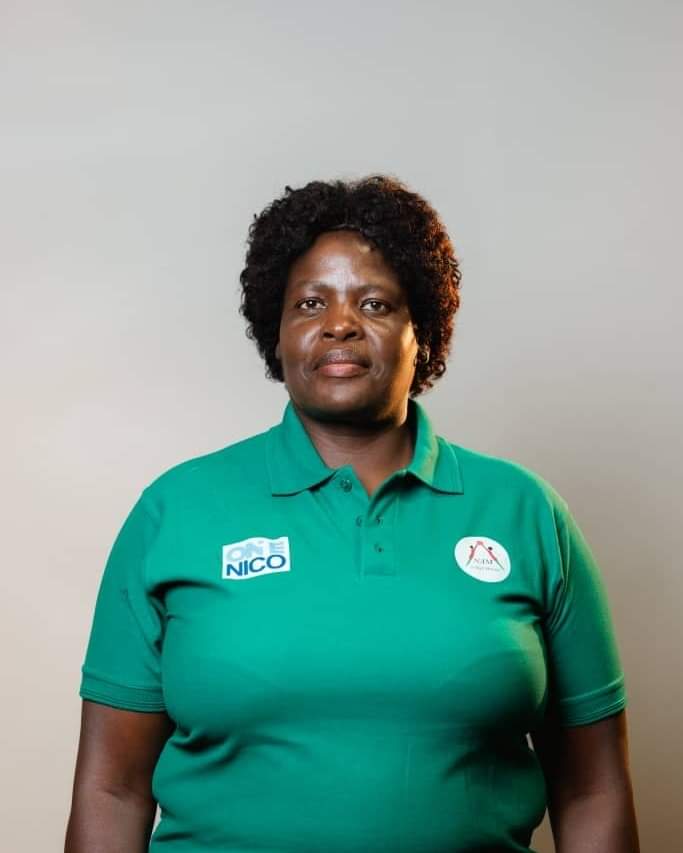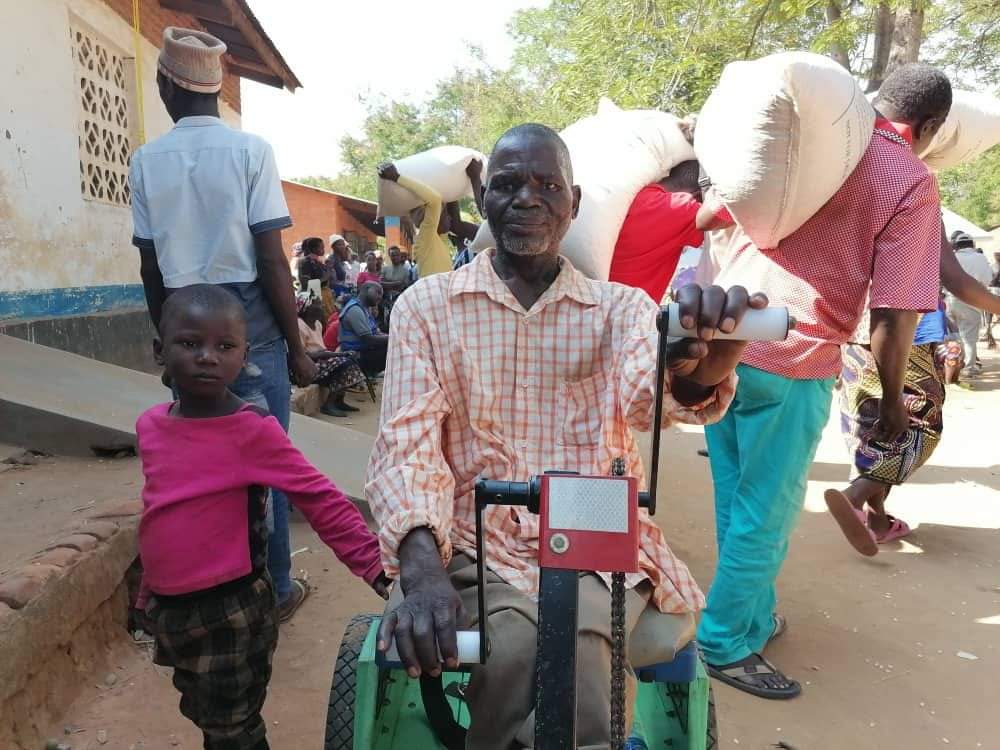By Burnett Munthali
Tension rose amongst candidates and supporters at Kawale Primary School in the Lilongwe City Masintha constituency during a debate organised by the National Initiative for Civic Education (NICE).
The debate brought together all six parliamentary candidates, giving constituents a rare opportunity to hear directly from those seeking to represent them.
Participating in the debate were Rahim Elias contesting on the United Democratic Front (UDF) ticket, Juliana Kaduya representing the Malawi Congress Party (MCP), Joseph Chidanti Malunga standing for the UTM, Rose Sakala for the People’s Development Party (PDP), and two independent candidates, Chasweka and Ireen Chimdzeka.
Each candidate sought to win the trust of voters by highlighting their vision and priorities for Masintha constituency, which is one of the most politically competitive areas in Lilongwe.
Rose Sakala of the PDP promised to transform the constituency through sophisticated infrastructure development projects aimed at uplifting the living standards of residents.
UTM’s Joseph Chidanti Malunga pledged to champion the prudent use of the Constituency Development Fund (CDF), stressing accountability and transparency in community projects.
Independent candidate Ireen Chimdzeka broadened her message by touching on issues across all sectors, emphasizing that, as a young woman, she would work with all stakeholders to bring change and inclusivity.
Juliana Kaduya of the MCP drew from her personal connection to the area, saying that being born and raised in Masintha gives her a deeper understanding of the community’s challenges and unique needs.
Meanwhile, Rahim Elias of the UDF and fellow independent candidate Chasweka also presented their ideas, though their messages were largely overshadowed by the stronger exchanges among the other candidates.
The debate was characterised by moments of heated tension, particularly when rival supporters clashed verbally, highlighting the high political stakes and deep loyalties in the constituency.
For many residents, the debate offered a platform to weigh the promises made by candidates against their lived realities and expectations for development.
Masintha constituency has long been a hotbed of political activity in Lilongwe, with voting patterns reflecting broader national trends.
Since the advent of multi-party democracy in 1994, the area has often oscillated between ruling and opposition parties, making it a true swing constituency.
The Malawi Congress Party (MCP), with its deep historical roots in Lilongwe, has traditionally enjoyed strong support in the area, largely due to its grassroots structures and longstanding presence.
However, the rise of the United Democratic Front (UDF) in the 1990s saw the constituency become more competitive, as younger voters and traders in Kawale leaned toward liberal economic policies.
More recently, the Democratic Progressive Party (DPP) and the UTM have also made inroads in Masintha, capitalizing on urban frustrations over unemployment, infrastructure decay, and governance issues.
Masintha is also notable for its vibrant civic engagement, with youth and women’s groups frequently pushing candidates to deliver tangible development beyond campaign promises.
The constituency has produced some vocal parliamentarians in the past, but it has also been marked by accusations of underutilized CDF funds and unfulfilled pledges by previous representatives.
This history makes every election cycle in Masintha highly contested, as voters remain skeptical yet eager for real change that improves their daily lives.
One of the earliest post-1994 MPs for Masintha was Leston Mulli of the UDF, who promised modernization of markets and business opportunities for traders but faced criticism for failing to complete key infrastructure projects.
In the mid-2000s, the seat shifted to the Malawi Congress Party, with John Ching’ani securing victory on a platform of restoring MCP’s legacy, though his term was marred by limited progress on sanitation and housing challenges in Kawale.
During the DPP administration, Masintha elected a representative aligned with the ruling party, who pushed for school block expansions and road grading projects but was accused of politicizing development by favoring party supporters.
I
In recent years, the constituency was represented by Juliana Kaduya under the MCP, who later transitioned into Lilongwe City politics as Mayor, earning praise for her hands-on approach but also criticism for uneven delivery of urban services.
Across these successive MPs, a recurring theme has been the gap between ambitious campaign promises and the practical realities of limited CDF utilization and weak accountability mechanisms.
Voters in Masintha have grown increasingly vocal in demanding transparency, particularly after past MPs were accused of mismanaging funds meant for boreholes, youth empowerment programs, and feeder roads.
This legacy explains why current candidates face tough scrutiny, as constituents now measure new pledges against a long track record of underachievement.
Concluding Analysis
The NICE debate in Masintha constituency underscored the growing importance of issue-based politics in Malawi, even as tensions and partisan loyalties continue to flare.
Each candidate sought to position themselves as the most credible agent of change, with messages ranging from infrastructure development to prudent financial management and inclusive leadership.
The constituency’s history as a swing area means that no party can take voter loyalty for granted, and every campaign must work hard to earn trust.
The outcome of this contest will depend not only on the promises made but also on the ability of candidates to connect with grassroots voters who demand tangible results.i
As Masintha moves closer to polling day, the constituency remains a battleground that could define the balance of political power in Lilongwe City.




